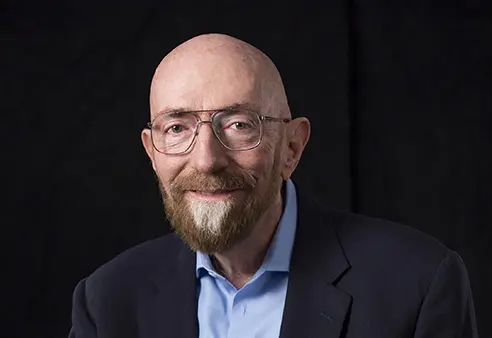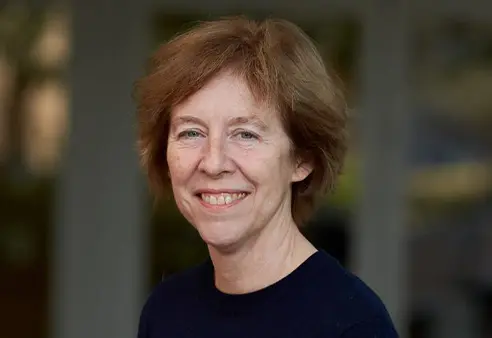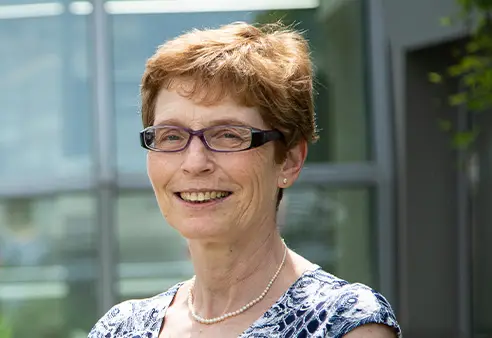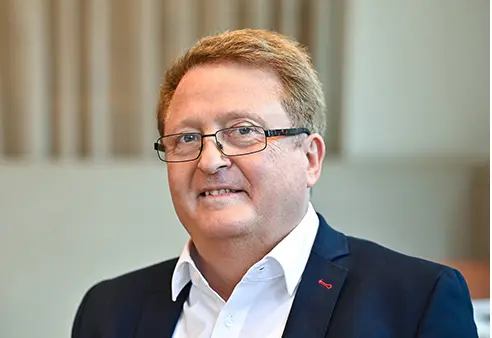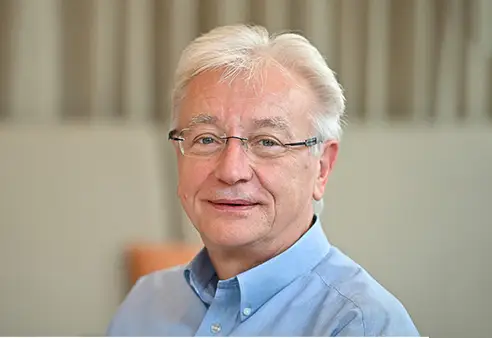International jury
Rolf-Dieter Heuer
physics
International jury
Rolf-Dieter Heuer
physics
Professor Rolf-Dieter Heuer is an experimental particle physicist. Most of his scientific work has been related to the study of electron-positron reactions, development of experimental techniques, as well as construction and running of large detector systems.
Professor Heuer obtained his PhD at the University of Heidelberg, where he continued on as a research scientist. From 1984 to 1998 Prof. Heuer was a staff member at CERN, working for the OPAL experiment. He was the OPAL spokesperson in 1994-1998, responsible for all aspects of the collaboration, comprising over 300 physicists, and for its scientific output.
In 1998, Rolf-Dieter Heuer was appointed to a chair at the University of Hamburg. He established a group working on the preparations for experiments at an electron-positron Linear Collider which quickly became one of the leading groups in this area worldwide. In December 2004, Prof. Heuer became research director for particle and astroparticle physics at the DESY laboratory.
Prof. Heuer has been CERN Director-General from January 2009 to December 2015. His mandate is characterised by the start of the Large Hadron Collider (LHC) 2009 as well as its energy increase in 2015, the discovery of the H-Boson and the geographical enlargement of the CERN Membership. He also actively engaged CERN in promoting the importance of science and STEM education for the sustainable development of the society.
From 2016 to 2018, Prof. Heuer was President of the German Physical Society. He has published over 500 scientific papers, and holds many Honorary Degrees from universities in Europe, Asia, Australia and Canada. He is Member of several Academies of Sciences in Europe, in particular of the German Academy of Sciences Leopoldina.
